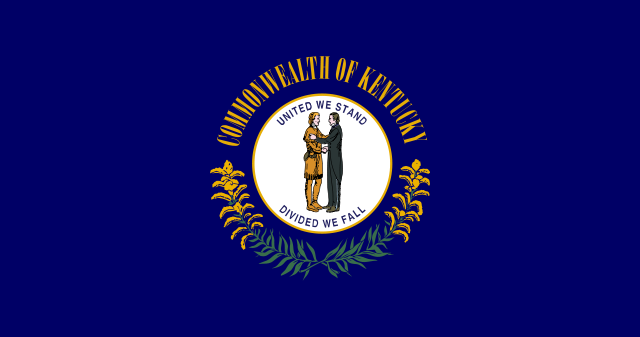With all the drama surrounding New Jersey Gov. Chris Christie’s latest round of pension changes, one big pension-related development has been overlooked: on Monday, state lawmakers approved a bill that would expand pay-to-play rules as they relate to pension investments.
The bill, which would increase transparency around fees paid to private investment managers, was sent to Christie’s desk on Monday.
More from Philly.com:
[The bill] would expand restrictions on investments of state pension funds with outside money managers who donate to national political committees.
The legislation also would require the state Treasury Department to regularly publish reports disclosing fees paid to private managers who invest state pension funds.
Pay-to-play rules already prohibit the Division of Investment from awarding contracts to firms or investment managers who have donated to New Jersey political parties or campaigns in the preceding two years.
A 2010 federal law imposed a similar ban. Under that law, the Securities and Exchange Commission in June ordered Wayne-based TL Ventures Inc. to repay $250,000 in pension fees collected from Philadelphia and Pennsylvania after learning the firm’s founder had donated to Mayor Nutter and then-Gov. Tom Corbett.
But managers can still donate to national committees such as the Republican Governors Association or Democratic National Committee, which can spend money on and influence state politics. Legislation passed Monday by the Assembly on a 53-15 vote would close that loophole by extending the State Investment Council’s pay-to-play regulations to cover investors’ donations to national political committees.
The bill passed the Senate in October on a 25-8 vote, with seven abstentions.
Lawmakers believe the SEC pay-to-play rules are too lenient.
State pension officials, however, say the rules could harm the fund’s alternative investment portfolio; the fee disclosure requirement runs the risk of dissuading some investment managers from doing business with the fund.
Alternatives account for 28 percent of New Jersey’s pension investments.
Photo by Truthout.org via Flickr CC License





